
In times of death, we often extend sympathy by sharing our sorrow for what’s happened. Sympathy cards are often synonymous with condolence messages. When offering sympathy, we’re expressing concern for another’s feelings. Sympathy cards, condolence notes, phone calls, e-mails, meals, and offers of assistance are all expressions of sympathy.
But you don’t offer empathy, you feel it. Empathy is the act of putting yourself in someone else’s shoes. It’s trying to imagine: “How would I feel if this happened to me?” And it’s the ability to act on those feelings. When being empathetic, we extend our concern by offering compassion so the bereaved feel validated; that someone has a sense of what has happened and how they might be feeling.
I think it’s easier to extend sympathy. We all know to attend the funeral, participate in mourning rituals, send a condolence card, make a donation, and keep in touch. Empathy is harder; it’s taking the time to think carefully while trying to understand how you might feel if this happened to you and what might bring you comfort.
Listening is a good example of empathy and we all know how difficult it is to simply pay close attention to what is being said, without adding our personal feelings or thoughts. It takes patience to hear the same story over and over again, but it is an empathetic and meaningful thing to do.
When I think back to some of the stories that the bereaved have shared, it’s easy to discern the differences. One mother wrote that at her child’s funeral, she sat all by herself with her surviving child; everyone else, including her ex-husband, sat behind her. If someone had taken a seat next to her, that would have been empathetic. A grieving daughter shared that she had to make the arrangements for her father’s funeral and reception by herself. Relatives weren’t happy with her choices and complained to her at a time of painful loss. Empathetic folks would have helped; those that couldn’t help would have accepted what she was capable of doing and extended comfort.
We’ll all experience loss: Would you prefer someone extend you sympathy or empathy?
Robbie Miller Kaplan is an author who writes from a unique perspective as a mother who has lost two children. She has written How to Say It When You Don't Know What to Say, a guide to help readers communicate effectively when those they care about experience loss, available in ebooks for "Illness & Death," "Suicide," "Miscarriage," "Death of a Child," "Death of a Stillborn or Newborn Baby," "Pet Loss," "Caregiver Responsibilities," "Divorce" and "Job Loss." All titles are in Amazon's Kindle Store.
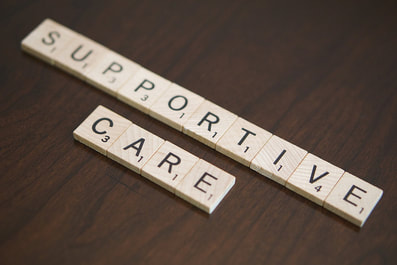
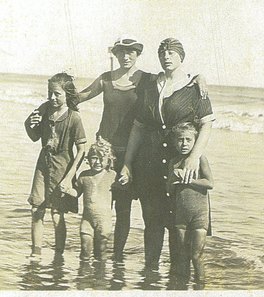

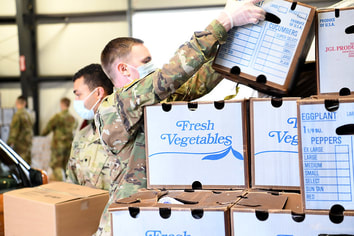
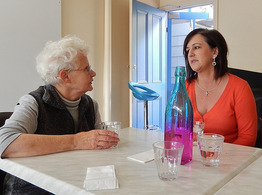

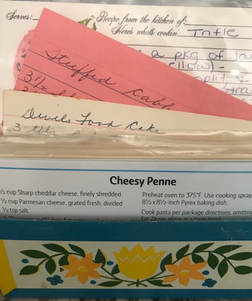


 RSS Feed
RSS Feed
